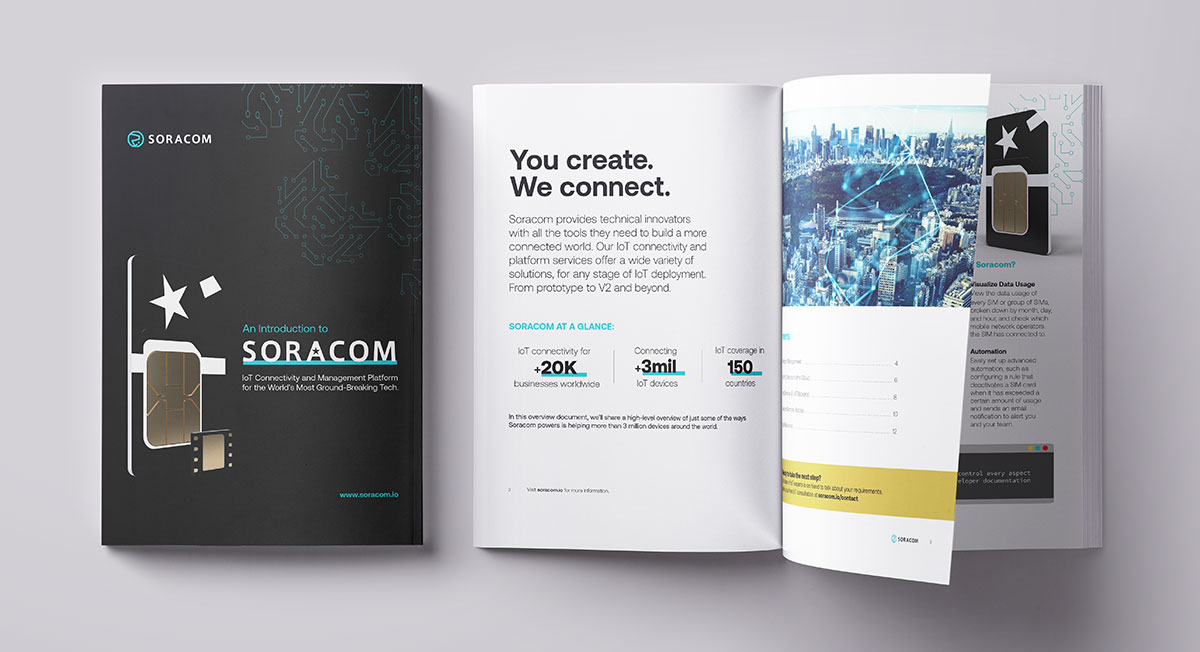Keep your IoT Data Safe with a VPG

What is a Virtual Private Gateway?
It’s hard to know every technical term — especially in a field as vast as cellular IoT security. However, virtual private gateway (VPG) is one that should be top of mind for most IoT developers.
Known as VPGs, these essentially act as the border officers between your cloud service provider and the Internet in a virtual private network connection. This is separate from the gateway that may be active on the user side — between your device and the internet.
There are typically more than one “tunnel” that data can travel through in any VPG. This is because cloud service providers are routinely performing maintenance which may result in one being inactive.
Plus, if users are unable to send data through one of the tunnels, a second can act as a failover solution so that your IoT system doesn’t suffer any downtime.
An IoT VPG can come in different sizes — ranging from 1,000 subscribers and up to 30 requests per second to as many as 10,000 and 300, respectively. Depending on your business, one may be more suitable than the other.
So should you invest in a VPG for your IoT security? Let’s dive into what it can offer your business.
Improved Security
Most cloud service providers offer a default non-private gateway platform that can facilitate data transfers and other services.
However, actions that require high security — such as device-to-device peering and private networking — should be used in tandem with a VPG for added safety.
In this scenario, the VPG would create an isolated network environment that only you have access to, separating your project from the other users on the public gateway platform. Because of this, you have complete control over the network, allowing you to control connectivity, manage devices, and enable custom network functionality such as remote access.
Integration with Existing Virtual Private Network
If you’re already using a private network, you wouldn’t want to jeopardize your project by sending data over the public Internet. However, there’s no harm in sending data from your private network through your VPG — two secure entities that can keep your information safe.
This makes it far easier to manage your IoT security as you will not have to route traffic from your network through the public Internet. Plus, no external firewalls are required to maintain security as the data traveling to you is coming from a safe place.
Choosing an IoT Virtual Private Gateway
Whether you go with Microsoft Azure, AWS, or Google Cloud, it’s hard to lose. All three of these can offer tremendous value to your IoT operations.
However, one way that you can optimize your business is by choosing an IoT connectivity provider that can easily integrate with the cloud service partner you end up choosing.
Soracom takes the benefits of an IoT VPG and improves it even further by building custom integrations that allow users to connect their devices to the cloud easier than ever. In fact, we have included many of our cloud-hosted services within our VPG, enabling you to leverage these features in complete privacy without risking your data on the public Internet.
Plus, we’ve built additional gateways that combine private and public capabilities to ensure that your solution is tailor-fit to your needs.
Ready to protect your information with an air-tight IoT VPG? Contact us today and learn more about Soracom products and services.



